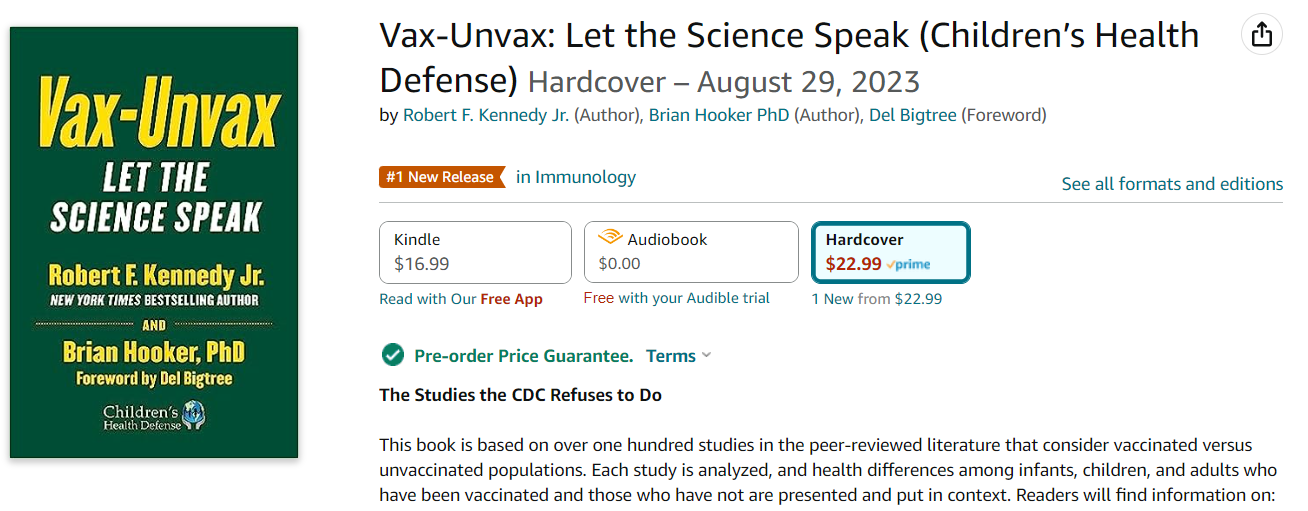In this webinar, Dr. Veenstra-VanderWeele discusses the reasons to consider or avoid medicine, including what benefits and risks are associated with many of the most commonly used treatments.
The Cause of Autism: Brain Damage
Undetected lesions are believed to be a new type of damage responsible for autism. This novel form of damage was previously rare or nonexistent. However, our current environment has led to an increase in such cases. So far, little has been done to change these conditions, and as a result, the number of these new cases is expected to rise.
These are not genetic disorders, mechanical damage, or issues with brain development. In other words, the brain forms correctly by nature, without deviations or damage. The damage appears after the child's birth, during their "operation," so to speak.
Though there are genetic "violations" in this case, they are not global or irreversible and do not lead to developmental defects. Instead, these single mutations cause predispositions, such as sensitivity of the detoxification system, fermentopathy, or immunity deficiency.
There is much more knowledge available now than when I first started researching this subject. Many mutations can be detected, but official medicine (and any other form) has yet to cure or eliminate the influence of these factors on our bodies. Thus, finding a solution for autism and other "incurable" diseases remains our responsibility as users of our bodies.
Damaging Factors Contributing to Autistic Symptoms
Each of these factors puts a strain on the brain. Certain parts of the brain cannot function normally, resulting in the following symptoms:
Other Disorders Linked to Impaired Brain Function
Problems with the gastrointestinal tract:
Immunodeficiency and its consequences:
These issues can appear in various combinations in an autistic child.
What determines this combination? It depends on where, besides the brain, inflammatory processes occur in a particular child, which organs and systems have been affected by chronic intoxication, and which other biochemical reactions in the body are blocked by a deficiency of minerals.
When we remove these three "loads" on the body (inflammation, intoxication, and micronutrient deficiencies), the body can recover. The degree of recovery depends on how effectively we can remove the damaging factors.
In this webinar, Dr. Veenstra-VanderWeele discusses the reasons to consider or avoid medicine, including what benefits and risks are associated with many of the most commonly used treatments.
Several medical conditions have been linked to the development or exacerbation of Autism Spectrum Disorder (ASD). These involve immune system dysregulation, such as PANS and PANDAS, and infections like Lyme disease. Gastrointestinal issues, including Candida overgrowth, Leaky Gut Syndrome, and nutrient deficiencies, can also contribute to ASD symptoms by affecting brain development and function. Other factors, such as methylation impairments, mitochondrial dysfunction, and imbalances in neurotransmitters like glutamate, can impact neural communication and lead to neurodevelopmental disorders like ASD. Understanding these underlying medical conditions is essential for developing targeted treatment strategies and improving outcomes for individuals with autism.
Generally speaking - autism is an autoimmune disease. Our kids simply have no power and strength to fight those viruses - our son is an example. We were not aware of damage at that time when he was 2 and we did scheduled vaccination per CDC rules - this was one of the worst things we did to our son (His immune system was still fighting the varicella virus and the measles virus up till 5 years old). God forbid you to repeat this mistake of ours.
